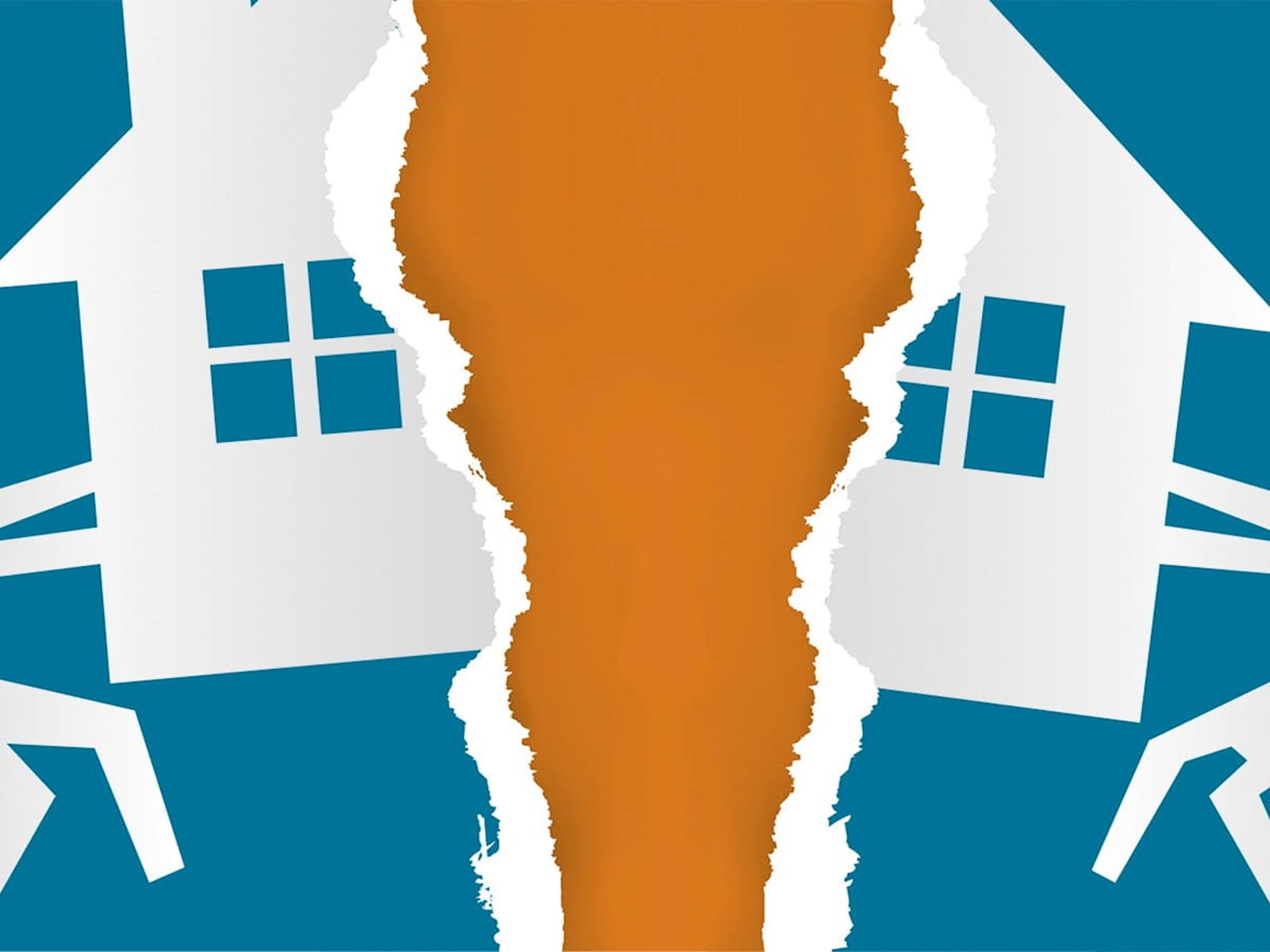



TAXguide 15/20: CGT UK property disposal reporting
TAXguide 10/21: A guide to principal private residence relief
Making the most of capital losses
New capital gains tax rules for separating couples
Practical guidance
ICAEW's Tax Faculty produces TAXguides to provide practical support on technical areas of tax.
- Technical release
- 28 Feb 2024
- Helpsheets and support
- 28 Apr 2021
- Technical release
- 15 Sep 2020
- Technical release
- 30 Sep 2019
Features and articles
- Article
- 16 Feb 2026
- Article
- 07 Jan 2026
- Article
- 12 Dec 2025
- Article
- 27 Nov 2025
Markel Tax FAQs
Questions and answers on UK tax issues and trends provided by Markel Tax, for eligible member.
- Helpsheets and support
- 04 Mar 2024
- Helpsheets and support
- 02 Nov 2023
- Helpsheets and support
- 12 Apr 2023
- Helpsheets and support
- 06 Dec 2022
Bloomsbury Accounting and Tax Service
Eligible firms have free access to Bloomsbury Professional's comprehensive online library, comprising around 80 titles from some of the country's leading tax and accounting subject matter experts. Find out who is eligible and how you can access the Accounting and Tax Service.
- eBook
- 2026
- Lucy Webb
- eBook chapter
- 2026
- Peter Rayney
- Tax Planning for Family and Owner-managed Companies
- eBook chapter
- 2026
- Peter Rayney
- Tax Planning for Family and Owner-managed Companies
- eBook chapter
- 2026
- Peter Rayney
- Tax Planning for Family and Owner-managed Companies
- eBook chapter
- 2026
- Mark McLaughlin, Jackie Anderson
- Incorporating and Disincorporating a Business
- eBook chapter
- 2026
- Mark McLaughlin, Jackie Anderson
- Incorporating and Disincorporating a Business
- eBook chapter
- 2026
- David Whiscombe
- Partnership Taxation
- eBook
- 2025
- Chris Erwood, Jacquelyn Kimber, Iris Wünschmann-Lyall
Terms of use
You are permitted to access, download, copy, or print out content from eBooks for your own research or study only, subject to the Acceptable usage terms.
- Article
- 07 Jan 2026
- Article
- 06 Feb 2025
- Article
- 30 Oct 2024
- Article
- 23 Jul 2024
eBooks
The Library & Information Service provides a collection of eBooks as a benefit of membership. Please log in to access these titles. If you are unable to access an eBook, please see our Help and support or contact library@icaew.com.
- eBook chapter
- 2024
- Malcolm James
- Taxation of Small Businesses
- eBook chapter
- 2024
- Malcolm James
- Taxation of Small Businesses
- eBook chapter
- 2024
- Lesley King
- Private Client Wills Trusts and Estate Planning
- eBook chapter
- 2024
- Lesley King
- Private Client Wills Trusts and Estate Planning
- eBook chapter
- 2023
- IBFD
- Global Individual Tax Handbook
- eBook chapter
- 2023
- Telegraph Media Group
- The Telegraph Tax Guide
- eBook chapter
- 2023
- Telegraph Media Group
- The Telegraph Tax Guide
- eBook chapter
- 2021
- Malcolm James
Terms of use
You are permitted to access, download, copy, or print out content from eBooks for your own research or study only, subject to the terms of use set by our suppliers and any restrictions imposed by individual publishers. Please see individual supplier pages for full terms of use.
Articles and books in the ICAEW Library collection
- Library book
- 2026
- R. Martin
- LexisNexis
- Library book
- 2025
- T. Agnew, et al.
- LexisNexis
- Library book
- 2025
- N. Smith
- LexisNexis
- Library book
- 2025
- Tolley's Editorial Team
- LexisNexis
- Library book
- 2025
- J. Mindell
- LexisNexis
- Library book
- 2025
- ICE
- Intercontinental Exchange (ICE) Data
- Library book
- 2025
- A. Redston (ed.)
- LexisNexis
- Library book
- 2025
- K. Walton
- LexisNexis
- View a list of books in our collection on capital gains tax
- View a list of articles in our collection on capital gains tax
To find out how you can borrow books from the Library please see our guide to borrowing books.
You can obtain copies of articles or extracts of books and reports through our document supply service.
Representations
- Representation
- 22 Dec 2025
- PDF (238kb)
- Representation
- 06 Nov 2025
- PDF (275kb)
- Representation
- 29 Apr 2025
- PDF (555kb)
- Representation
- 02 Jan 2025
- PDF (223kb)
Useful links
Some resources that we link to may pre-date the latest amendments to the relevant tax regulations. While these links contain useful information, please treat them with appropriate caution.
- Website
- 27 Nov 2023
- GOV.UK
- Website
- 07 May 2019
- HMRC
- Website
- 19 Dec 2018
- HMRC
- Website
- 14 Jun 2018
- HMRC
Terms of use
ICAEW accepts no responsibility for the content on any site to which a hypertext link from this site exists. The links are provided ‘as is’ with no warranty, express or implied, for the information provided within them. Please see the full copyright and disclaimer notice.
Can't find what you're looking for?
The ICAEW Library can give you the right information from trustworthy, professional sources that aren't freely available online. Contact us for expert help with your enquiries and research.
Some of the content on this web page was provided by the Chartered Accountants’ Trust for Education and Research, a registered charity, which owns the library and operates it for ICAEW.